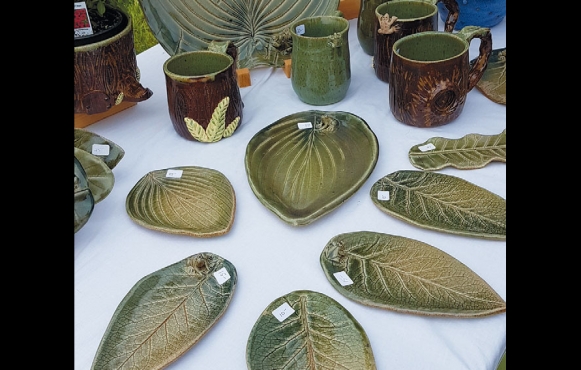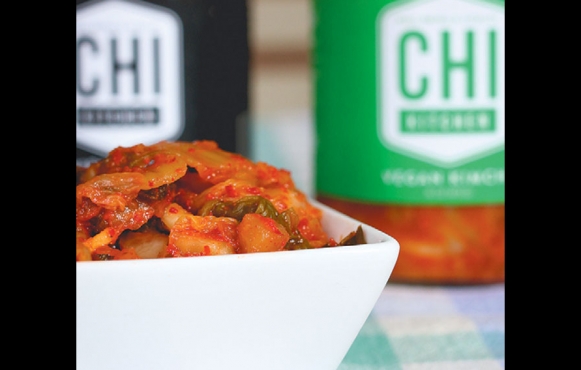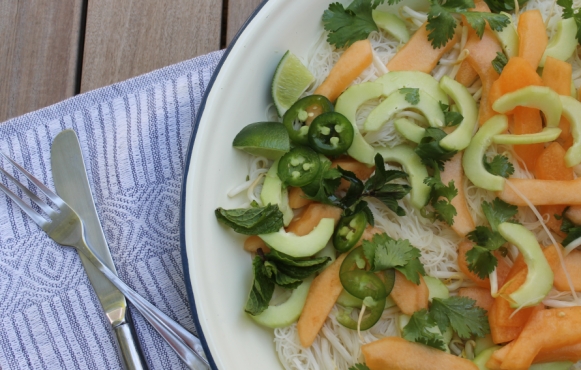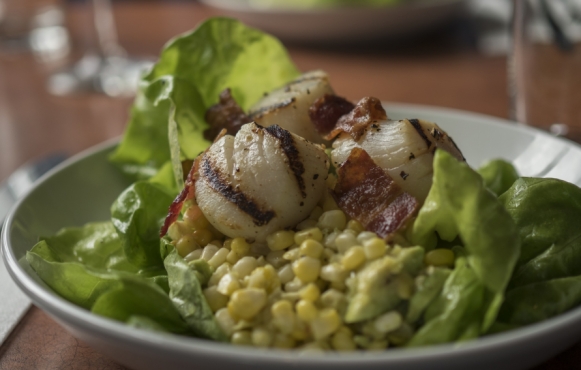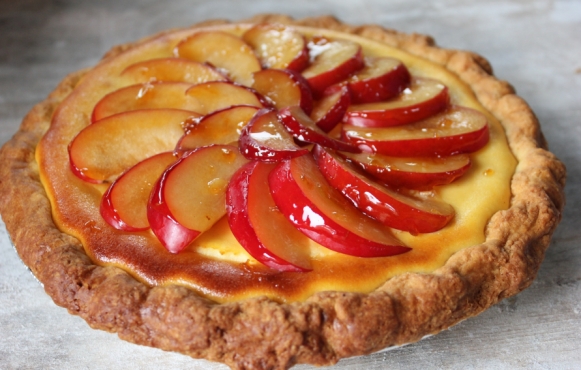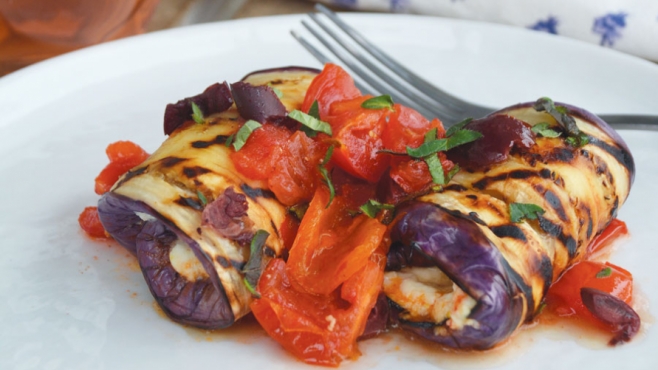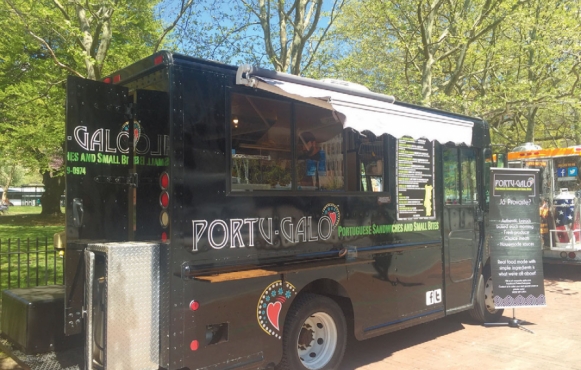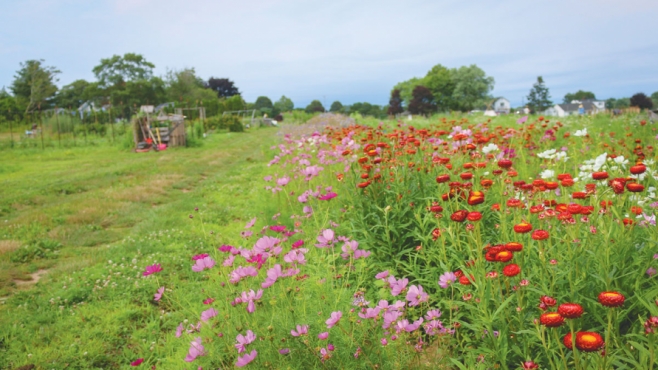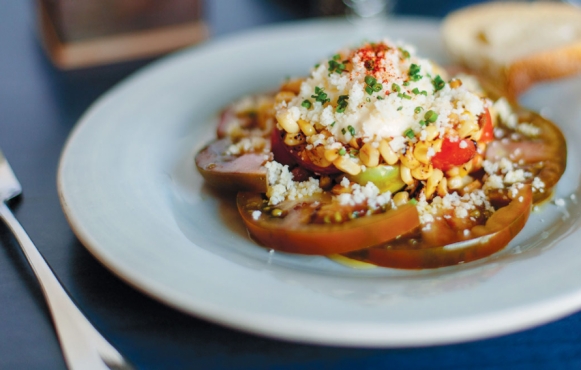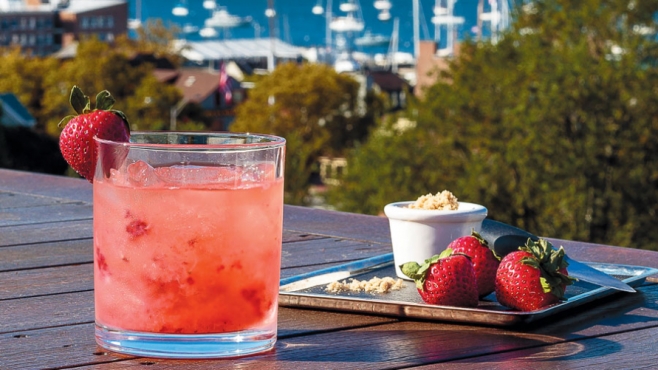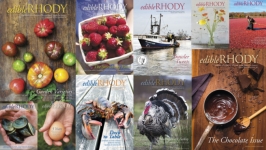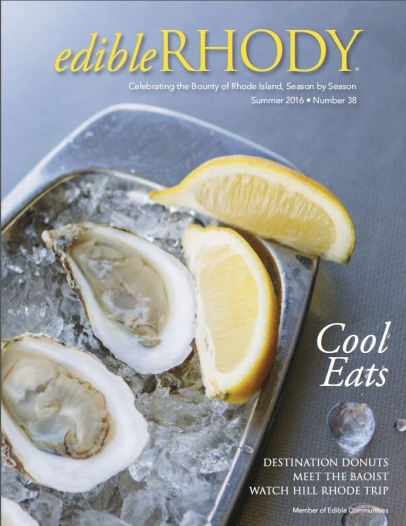
Grist for the Mill
Dear Reader,
By now you know that I spend a lot of time thinking about what I eat. The micro, as in “What should I do with all this eggplant I bought at the farmers’ market?” Or “Where am I stopping for lunch today?” And the macro, as in “How does the food I cook or order impact the local economy, the regional foodshed, the environment and the health of farm workers here and abroad?” And the list goes on.
Lately, I’ve been thinking more about food and accountability, especially after reading Laura Reidel’s April 13 expose in the Tampa Bay Times titled “Farm to Fable,” in which the restaurant critic and columnist called out restaurateurs in her area who were posting deceptive claims about the provenance of the food on their menus.
After researching food sources and interviewing farmers and fishers, Reidel called foul on the menus and chalkboards at many of her favorite restaurants. “Farm to Fable” had a ripple effect across social media platforms and, in the time it takes to send a text, her article was sparking reactions with farmers, chefs and eaters across the country.
This so-called greenwashing was raised at the “Dark Side of Local Food” event in May hosted by ecoRI, a panel discussion that included Ken Ayars, chief of the Division of Agriculture at the Rhode Island Department of Environmental Management; Lisa Raiola, founder and president of Hope & Main; and Jesse Rye, co-executive director of Farm Fresh Rhode Island. The discussion explored the principles behind, for lack of a better term, what we call farm-to-table foods. Though we have much of which to be proud, like elsewhere across the country, our state is not immune to false claims of local provenance.
Here in Rhode Island we have a tight-knit food community, known to outsiders for its supportive and inclusive practices. It has experienced growth in truly remarkable ways, especially in the last 10 years as the number of farms has increased along with food production and consumer demand. Our food community—consisting of farmers, chefs, fishers, purveyors, advocates and eaters—is all part of this magnificent growth. As such, the need for trust in all aspects of our transactions with one another is so important. Otherwise, the success of its achievements will be undermined.
Do I expect that every ingredient we eat hails from Rhode Island? Of course not. That would be immensely challenging, given the limits on what is feasible for local production. But I would like to know, in restaurants and when shopping at farmers’ markets or the grocery store, that when food is being advertised as “local,” it has, in fact, been harvested, raised, landed or produced in our state or tri-state region—it’s that simple. In a state so often associated with corruption, our local food community should shun deception and continue to be a beacon, true to itself for all of its nourishing potential. 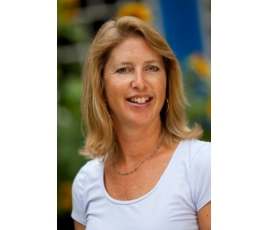
Dig in!
Genie McPherson Trevor, Editor
Communities Near You
What’s happening near you
Farm Fresh RI 2024 Winter Farmers Market
Farm Fresh BuildingProvidence
Farm Fresh RI 2024 Winter Farmers Market
Farm Fresh BuildingProvidence


